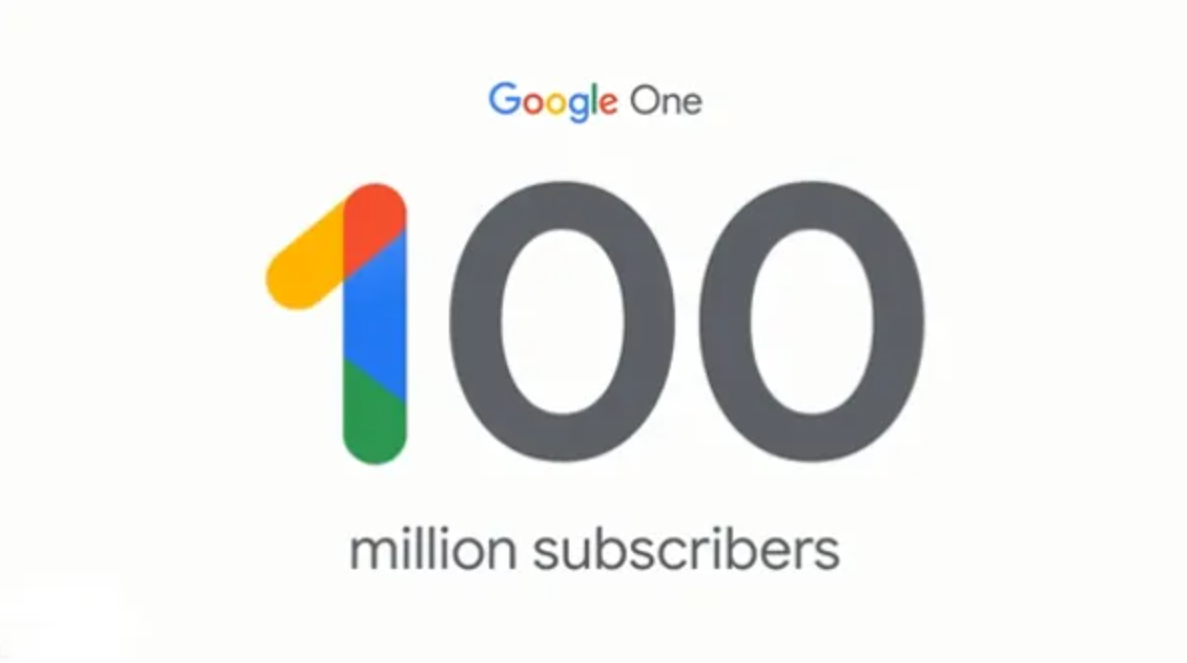Google and Meta Face Potential CAD 230 Million Payout in Canada
Canada has unveiled draft rules for the implementation of the Online News Act, which aims to compel tech giants like Google and Meta (formerly Facebook) to pay news outlets. Here’s an overview of the situation and what it means for these companies.
Addressing Tech Giants’ Concerns
Canada’s Online News Act, part of a global movement to hold internet giants accountable for news content, was enacted in June and is set to take effect in December. The law requires companies like Google and Meta to negotiate agreements with Canadian news publishers and contribute a portion of their global revenues based on a specific calculation.

Google and Meta Face Potential CAD 230
Tech Giants’ Response
Google and Meta’s Concerns
Both Google and Meta have expressed concerns about the feasibility of complying with the law. Meta has already ceased news sharing on its platforms in Canada, and Google intends to exclude news from search results in the country before the law’s implementation.
The Financial Implications
Potential Contributions and Thresholds
Under the draft regulations, Google could be required to pay approximately CAD 172 million (almost Rs. 1,050 crore) annually, while Meta may face an annual payment of about CAD 60 million (almost Rs. 360 crore). These figures are contingent on voluntary agreements with news publishers.
Mandatory Bargaining
Oversight by Canadian Regulator
If tech companies fail to meet the payment threshold through voluntary negotiations, they may be subject to mandatory bargaining overseen by the Canadian Radio-television and Telecommunications Commission (CRTC). The CRTC plans to establish a negotiation framework between news organizations and internet giants starting in autumn 2023, with the goal of initiating mandatory negotiations by early 2025.
Inclusivity in Agreements
Coverage of Diverse News Businesses
The draft regulations stipulate that agreements reached by Google and Meta must also encompass independent local, Indigenous, and official language minority community news businesses, ensuring a broad and inclusive approach to news compensation.
Possible FAQs:
What is Canada’s Online News Act, and when will it come into effect?
Canada’s Online News Act is a law that requires tech giants like Google and Meta to negotiate agreements with news publishers and contribute to their revenues. It became law in June and is expected to take effect in December.
Why are Google and Meta concerned about complying with the law?
Both companies have expressed concerns about the practicality of the law for their businesses, leading Meta to cease news sharing on its platforms in Canada and Google to exclude news from search results in the country.
What are the potential financial implications for Google and Meta under the draft regulations?
According to the draft regulations, Google may need to pay around CAD 172 million annually, while Meta could face an annual payment of about CAD 60 million, depending on voluntary agreements with news publishers.
What happens if tech companies do not reach payment thresholds through voluntary agreements?
In such cases, mandatory bargaining overseen by the Canadian Radio-television and Telecommunications Commission (CRTC) may be required.
How does the law ensure inclusivity in agreements with Google and Meta?
The draft regulations stipulate that agreements must also cover independent local, Indigenous, and official language minority community news businesses, ensuring a diverse and comprehensive approach to news compensation.




